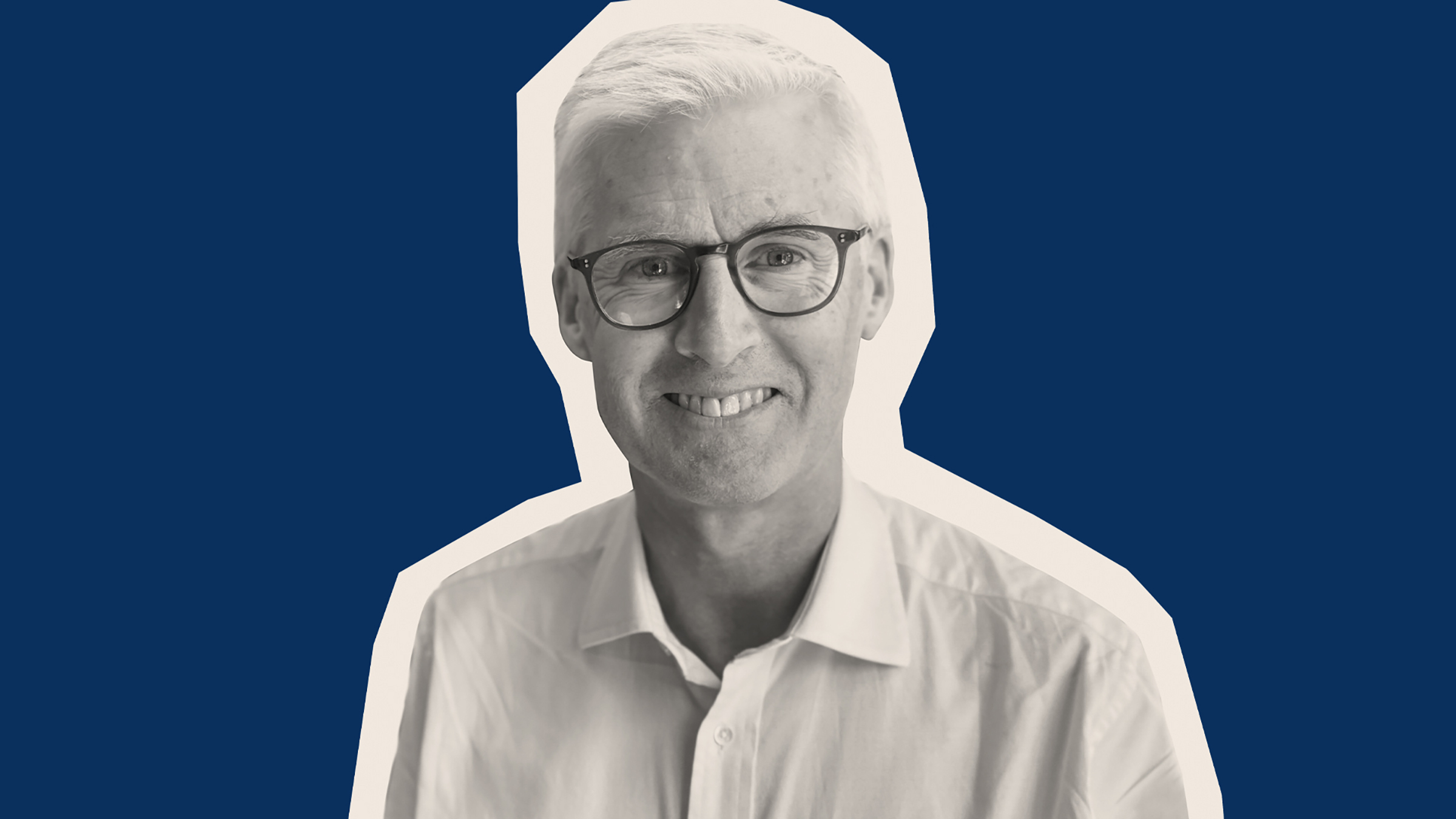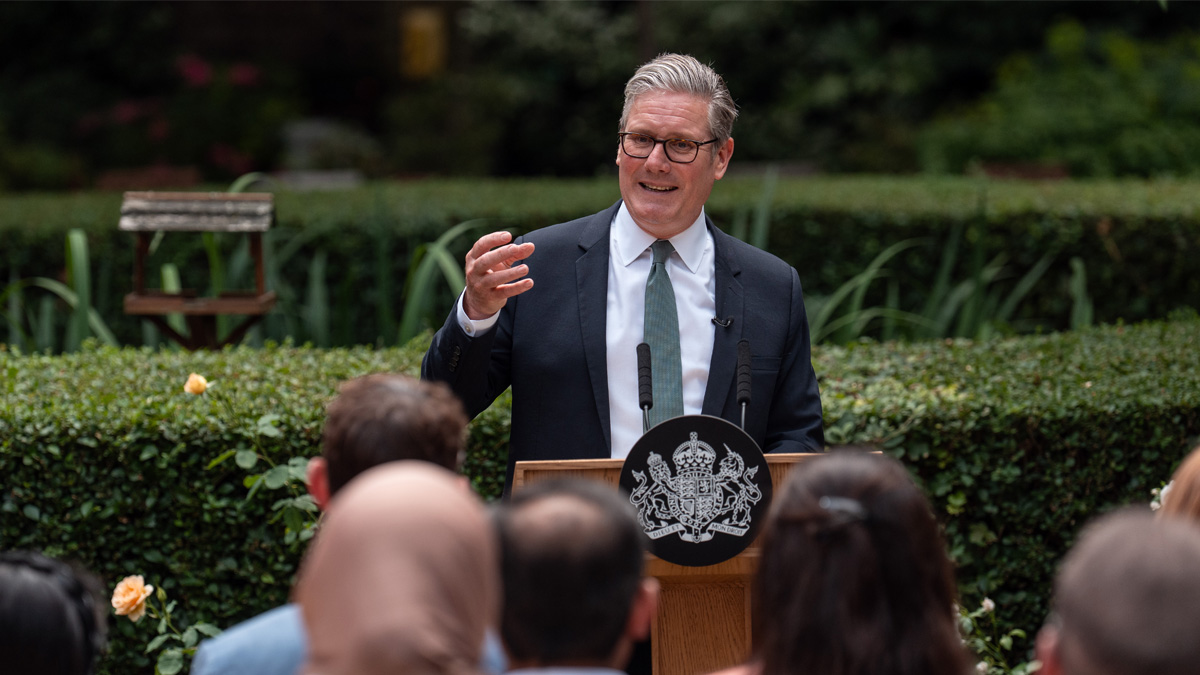
South Africa was crowned Rugby World Cup champions for the fourth time in October 2023. The Springboks followed up their World Cup triumph in 2019 with a narrow 12-11 win over New Zealand, making them only the second team to win back-to-back titles.
Full disclosure - as someone who grew up in Southern Africa and went to school in South Africa, I am biased. But the story of 2019 and 2023 is a masterclass in leadership in the face of severe public scrutiny and diversity goals that were dubbed “unachievable” by ex-coaches and journalists throughout the country.
"With the quota system they have, I think the days of them being top competitors are over.” That was a quote from former All Blacks coach Laurie Mains in 2016. The system he’s referring to was a policy designed to create diversity in the national side. In their 1995 and 2007 World Cup-winning squads, the Springboks had only one and two black players respectively. Every head coach had kicked the proverbial “quota” can down the road since it was first suggested in 2006.
Enter Rassie Erasmus. In his playing days, he racked up 36 caps for the Boks and since his retirement in 2003 he’d been in and out of the national side’s coaching set-up in the role of technical advisor. When he was handed the keys to the kingdom, the team was in tatters. They’d just suffered their largest defeat in 111 years, losing to New Zealand 57–0. They were also humiliated with a record home loss of 57-15 against the same opposition in Durban.
At the beginning of Erasmus’ tenure in 2018, the South African government and the South African Rugby Union (SARU) agreed that 45 per cent of the Springboks team at the 2019 World Cup in Japan should be black.
One of Erasmus’ first moves was to give the captaincy to a young man he’d worked with in his days as a coach of Western Province. Siya Kolisi officially became South Africa’s first-ever black captain, a move that raised eyebrows at the time. Unlike his predecessors, Erasmus didn’t bury his head in the sand when it came to the hot topic of transformation: "It's so nice that we can speak about transformation openly without talking around it." And why not? South Africa has 11 official languages and only 7.65 per cent of the population is white - diversity has the potential to be the country’s biggest strength.
A word for that young captain that Erasmus put his faith in. Kolisi watched his mother die in front of him. His grandmother used to give him a mixture of sugar and water so that his hunger didn’t wake him up at night. The diverse South African team is full of stories like this. Kolisi is represented by Hip-Hop icon Jay-Z’s Roc Nation Sport International. The president of Roc Nation, Michael Yormark, says Kolisi “is one of the most inspiring individuals I’ve ever met in my life.” Kolisi has become the nation’s humble superstar, whose honesty in his autobiography extends to his alcoholism and an addiction to pornography. But being moulded by that hardship has made him the man he is today. Kolisi is a staunch supporter of victims of domestic violence and a voice for South Africa’s voiceless.
Talking a few years after he was appointed captain, Kolisi acknowledged the work done by Erasmus in those early days: “When coach Rassie came in 2018, he addressed it from the first go that we need to transform as a team. We needed to transform not only by having people of colour in the team but the environment itself. We had to transform from the inside. People must feel valued. Every culture must be represented."
After being crowned World Cup winners in 2019, Erasmus said: "We had four women in the management team who played a very important role for our players. That's diversity. I can tell you now, at the World Cup we had a 100 per cent happy, transformed, and diverse playing and management team."
Transparency has also been a key trait of Erasmus's tenure. Unlike other rugby-playing nations, the Springboks announce their squad on the Tuesday of a match week, instead of the mandatory 48-hour requirement. Many teams see this as giving an advantage to the opposition, but Erasmus's philosophy is that it provides clarity for the matchday team to focus on the task at hand. They also have a policy that if you miss Monday’s training session, you aren’t eligible for the team on the weekend. A move which saw Cheslin Kolbe miss out on a semi-final against Wales in 2019 and Vincent Koch excluded from their 2023 final victory.
The seeds for South Africa's transformation were sowed by Erasmus years before he took over. He set up the Elite Player Development (EPD) program to create a pathway for players - especially black players - into the system. Speaking To the Last Drop podcast recently, Erasmus said: “The thing that makes me happy about the pathways is that there are players - and here people may say ‘if you weren’t in this squad or that squad, you don’t make it’. But (Makazole) Mapimpi was one of those players.” Mapimpi scored one of the decisive tries that saw the Springboks crowned 2019 World Cup champions in Yokohama. It was assisted by Lukhanyo Am, another success story of the EPD.
Here’s a challenge to all business leaders: stop saying things like "I don’t see colour” and “Diversity is a given in our organisation.” See colour, call out diversity – or lack thereof. I love the Springboks because they’ve given the world a blueprint for what is possible when we challenge that thinking. And if you’re not sold, you can roll your eyes all you want, the Rugby World Cup champions will remind you of their blueprint for the next four years.
Related and recommended

Will Orr shares his insights into Gen Z’s changing attitude to health and fitness

Both the country and the government must face the truth: either taxes will have to rise or services will need to be cut. We can’t have both

The prime minister is seeing his popularity – and his authority – fade as a series of costly U-turns make tax rises ever more likely

Eric Johnson leads an online platform focused on the value of collecting feedback, a principle he applies to his own company

